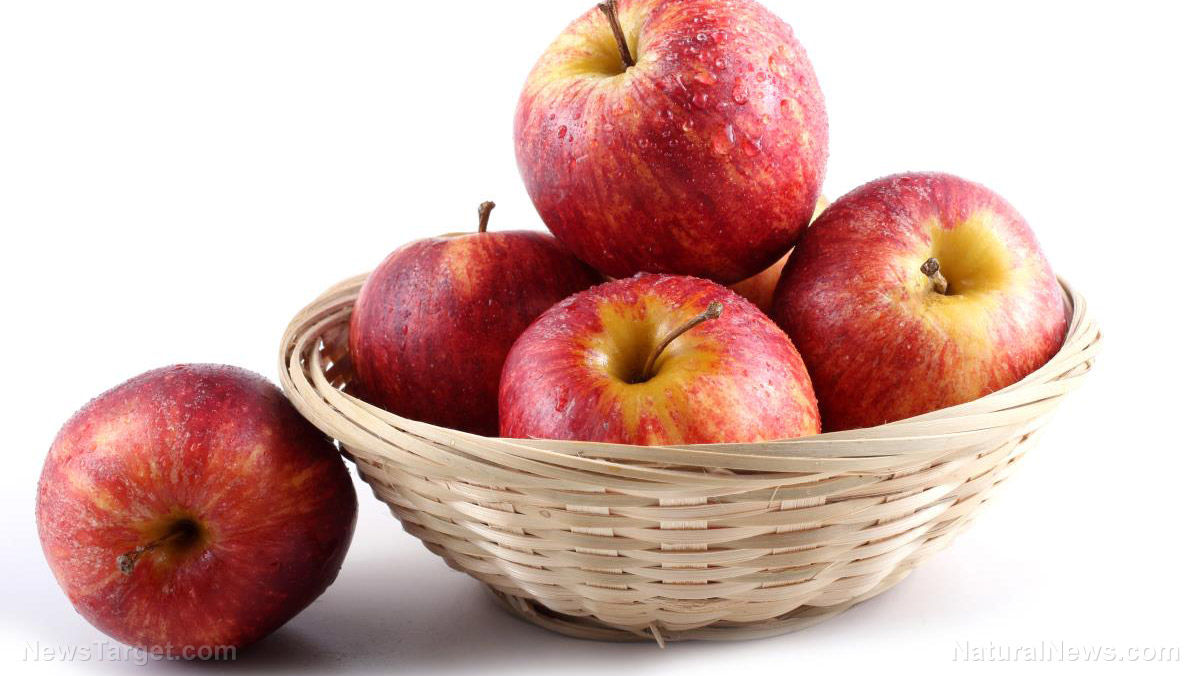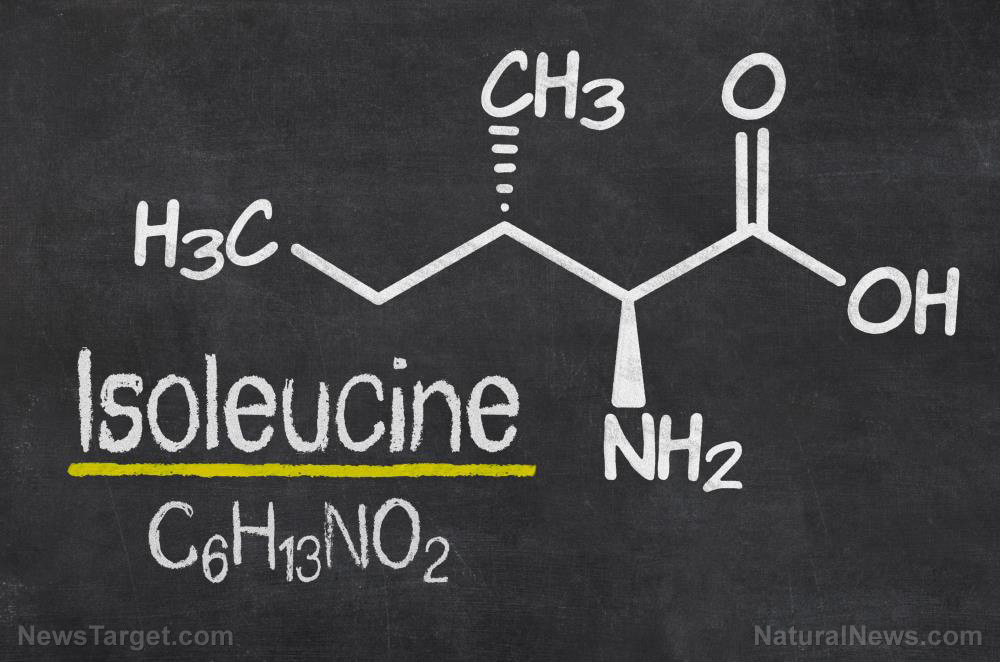Probiotic pros and cons aren’t easy to measure
09/21/2016 / By supplementsreport

In the 1980s, CJ Rapp created super-caffeinated Jolt Cola to give the body a charge. But tastes have changed, and today he’s offering something to calm people down: beverages with a shot of live bacterial organisms that he says help soothe stressed nerves and keep you healthy.
Article by Eric Niiler
Rapp says he’s constantly traveling to promote his probiotic products, and his high-pressure lifestyle makes him a good customer for them. “Like a lot of folks living a life on the road,” he says, “you don’t have the opportunity to get what you need.”
He runs Karma Culture, a five-year-old company outside Rochester, N.Y., that offers what it calls “wellness water” and now probiotic beverages. The probiotics have a cap on the lid containing BC30, a bacteria that you mix into the beverage when you’re ready to drink it.
The company asserts on its website that the mixture “bolsters the immune system, enhances digestive health, boosts metabolism, and aids in weight control.”
Rapp is more circumspect about what it does for him. “At the end of the day, it provides me with digestive health,” he said by telephone.
Rapp is riding the wave of a trend. Probiotics are a $32 billion industry that may hit $45 billion in sales by 2020, according to a recent market research report.
Consumers can find probiotic supplements with such brand names as “Nature’s Bounty,” “Healthy Origins” and “Garden of Life” on store shelves.
They claim to restore balance to the bacteria that normally live in the intestinal tract, thereby keeping your digestive system healthy and happy.
Skeptics say many probiotics disappear after entering the digestive system. They affect different people in different ways. They note that research about the products hasn’t been done, hasn’t backed up manufacturers’ claims or might not be reliable because it was paid for or conducted by the manufacturers themselves.
Linda Lee, a gastroenterologist at Johns Hopkins Hospital in Baltimore, says she is often asked for advice about probiotics. Lee notes that probiotics – which are live bacteria delivered through a pill, drink or powder – don’t affect all of us equally.
“Patients often try these things based on what friends or family members have told them and they have had a great result,” Lee said. “So they think they should try it. But we cannot predict who is going to respond to a particular probiotic strain.”
Oluf Pedersen, a professor of medicine at the University of Copenhagen and director of the Novo Nordisk Foundation Center for Basic Metabolic Research, and colleagues looked at some of the evidence.
In a study published in May in the journal Genome Medicine, the researchers narrowed down the hundreds of studies to seven that fit certain criteria: They used healthy adults and included a control group and a DNA-based identification of the various bacterial strains. Pedersen’s group found that some probiotics work for irritable bowel syndrome, ulcerative colitis and travelers’ diarrhea. With these ailments, the variety of normally occurring bacteria – called the microbiotic “flora” – may be disturbed or knocked out of balance.
But for healthy people seeking to stay that way, forget it. Only one of the seven trials showed any difference in the bacteria in the gut, as measured in the study participants’ waste.
“This came as a surprise to us that there is no scientific evidence that probiotics do have an impact on the gut microbiology,” Pedersen said via Skype from Copenhagen. “The problem is many people think there is a benefit.”
Pedersen compared probiotics to vitamin supplements: Many people swear by them, but it doesn’t mean they work all the time for every ailment.
He says that some clinical trials show a modest effect on clinical outcomes, while others do not. To Pedersen, the field of probiotics needs more research before manufacturers claims can be proved.
U.S. and European regulatory agencies classify probiotics as a dietary supplement – a sort of food – rather than as a drug, which would require substantial testing for safety and effectiveness before putting it on the market.
Researchers would want to find measurable health benefits before declaring probiotics effective. Those might include an increase in the number or diversity of helpful bacteria over time (rather than a short-lived boost), or whether doctors can measure improvement in the immune system – by checking on the number of disease-fighting cells, for example.
A recent study highlighted why some research is viewed critically. The study found that two dozen Japanese medical students who drank probiotic fermented milk before a big exam reported their bodies produced fewer stress hormones than other students who did not. But 14 of the 17 scientists who wrote the paper work for Yakult, the company that makes the drink.
Linda Thomas, science director at Yakult’s London office, said that Pedersen’s review of studies didn’t look at other ways that probiotics affect health.
A 2001 Finnish study, for example, found that a probiotic milk drink had a small benefit in avoiding colds and flulike infections (17 percent fewer than a control group) in children attending day-care centers. However there was no major effect on gastrointestinal infections or diarrhea.
“Probiotics achieve effects via many different mechanisms of activity – not just by modulation of the gut microbiota,” Thomas said by email. “Fecal analysis may also miss changes higher in the gut, particularly in the small intestine. Probiotic effects are also considered strain-specific, which can cause problems in interpreting results of meta-analyses.”
So what is the public to make of this? For now, federal regulators and scientific experts are still trying to answer whether probiotics make a difference.
“It’s hard for consumers to know,” said Diane Hoffmann, a professor at University of Maryland’s school of law. As part of the National Institutes of Health’s Human Microbiome Project, Hoffman and a group of scientists, lawyers, industry representatives and medical ethicists spent five years looking at some of the claims of probiotics and whether more regulation is needed.
The report concluded in January that Food and Drug Administration officials need to update how they regulate probiotics, that manufacturers’ specific health claims need to be scrutinized and that the FDA needs to be flexible as the science of probiotics evolves.
In April, the FDA announced it had developed a new method of detecting contaminated probiotics that could avoid potential health risks.
Hoffman said the good news is that probiotics are safe to use, but that doesn’t mean they are always effective.
“If you are willing to spend the money and test them on yourself, they probably won’t hurt you. Some people claim they do [make a difference]. But before you buy them, you really don’t know. It’s a buyer-beware situation.”
RELATED STORIES:
Is apple cider vinegar really good for you?
New documents show how sugar industry attempted to shape science
100 things that have had impact on public health — for better or worse
Tagged Under: probiotics, Pros and Cons




















